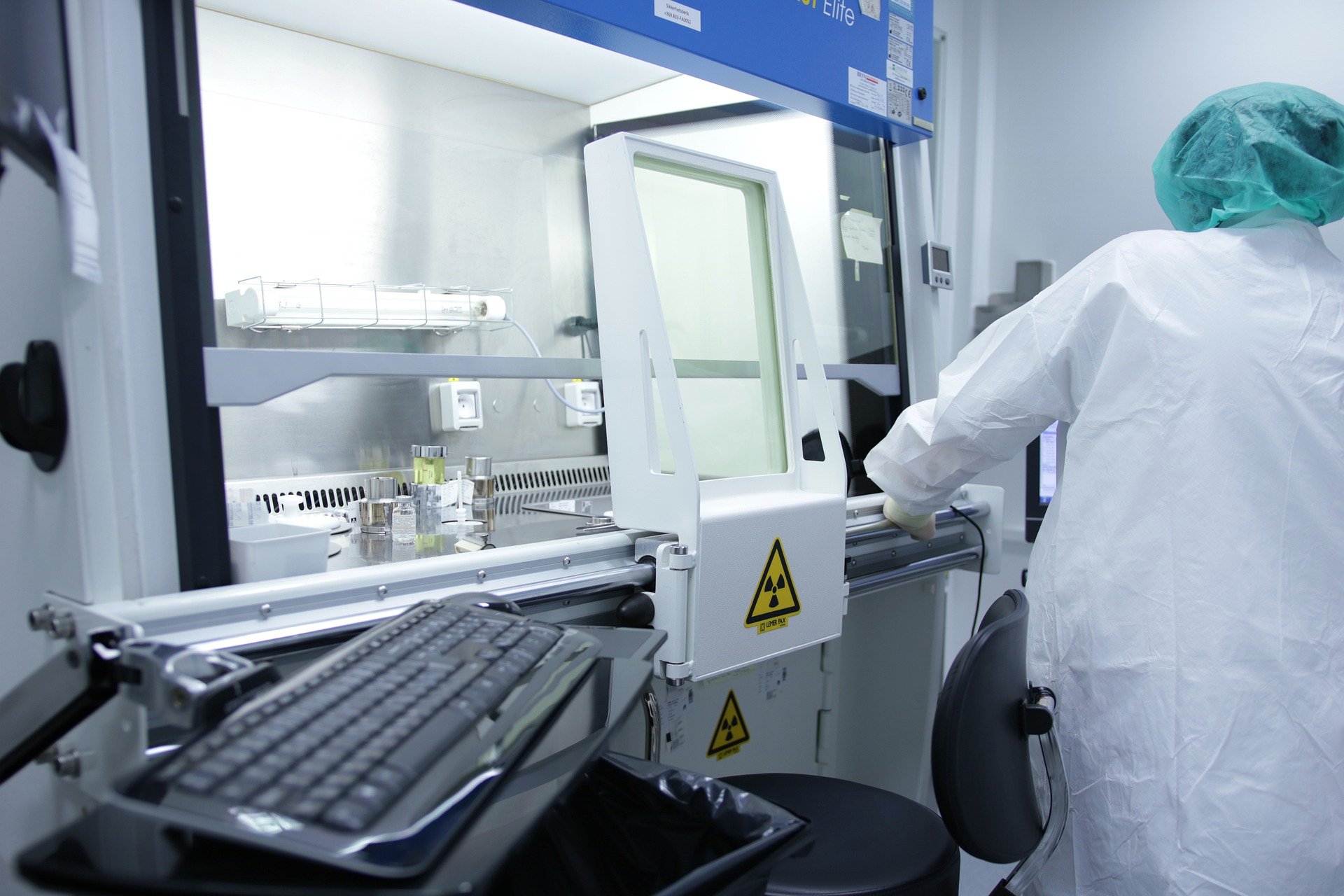Omics Technolgies (Bari)

The research activity of this group began in 1981 in the context of a leading international school in the study of the Biogenesis and Bioenergetics of mitochondria. Subsequently, new lines of research have been undertaken in biomedicine addressed towards the study and characterization of genes and biomarkers involved in cell proliferation and tumor transformation, as well as in the complex molecular mechanisms underlying some multifactorial neurological diseases (translational neurosciences).
More recently, thanks to the acquisition of massive sequencing platforms, the functional study of these mechanisms has also been approached with genome-wide methodologies for genomic, transcriptomic and metagenomic analysis, gaining strong expertise in the study of epigenetic phenomena that involve the expression of the non-coding fraction of the genome.
The results of the numerous published works have highlighted new and interesting perspectives in both the diagnostic and therapeutic fields. These researches are addressed with a multidisciplinary approach thanks to highly specialized skills in comparative and functional genomics and in bioinformatics.
RESEARCH TOPICS
Study of genes differentially expressed in hormone regulated human tumors such as thyroid, prostate, endometrium and ovarian cancer in order to identify possible new biomarkers for clinical diagnosis/prognosis.
In neurodegenerative diseases such as Multiple Sclerosis, Amyotrophic Lateral Sclerosis, Spinal Muscular Atrophy: Characterization of the transcriptomic profile and identification of complex miRNA-transcription factor (TF) co-regulation networks. In vitro functional validation of the correlations between miRNA-target gene networks, miRNA-TF feedback and feed-forward circuits and the molecular pathways involved, through the application of the main genetic engineering and molecular biology methods.
Characterization of molecular profiles by longitudinal prospective observation in order to identify suitable biomarkers for monitoring treatment, individual response and the occurrence of side effects in patients with e.g. Spinal Muscular Atrophy (SMA) and Multiple Sclerosis (MS).
Study of transcriptomic and proteomic profiles in EVs (exosomes and microvesicles) isolated from serum and cerebrospinal fluid of patients with rare neurological diseases, through the use of advanced omics technologies. Validation and functional analysis in vitro (reporter assays, gene knock-down, RNA interference) of significant cell-free RNA and vesicular proteins.
Study on the effects of grape intake on metabolism of healthy subjects after a controlled diet enriched with grapes (Autumn Royal variety produced by the CREA in Turi), through transcriptomic analysis of peripheral blood mononuclear cells and pathway analysis. Validation by RT-qPCR. Statistical and bioinformatic analysis of data and functional characterization of changes in cell metabolism using in silico functional analysis tools (Gene Ontology, gene and pathway enrichment, gene- and protein-protein interaction network).
Study on the effects of plant micro RNAs, ingested with diet, on the regulation of gene expression in human cancer cells through in vitro transfection and transcriptome analysis. Validation and functional analysis by RT-qPCR, cell proliferation assays, luciferase assays, cell cycle and apoptosis analysis. Statistical and bioinformatic analysis of data and functional characterization of changes in cellular metabolism by in silico functional analysis tools (Gene Ontology, gene and pathway enrichment, gene- and protein-protein interaction network).
STAFF

Maria Liguori
Researcher

Nicoletta Nuzziello
Research Fellow

Elda Perlino
Senior Researcher

Elisabetta Sbisà
Senior Researcher

Giuseppe Cananzi
Technician

Stea Gaetano
Technician